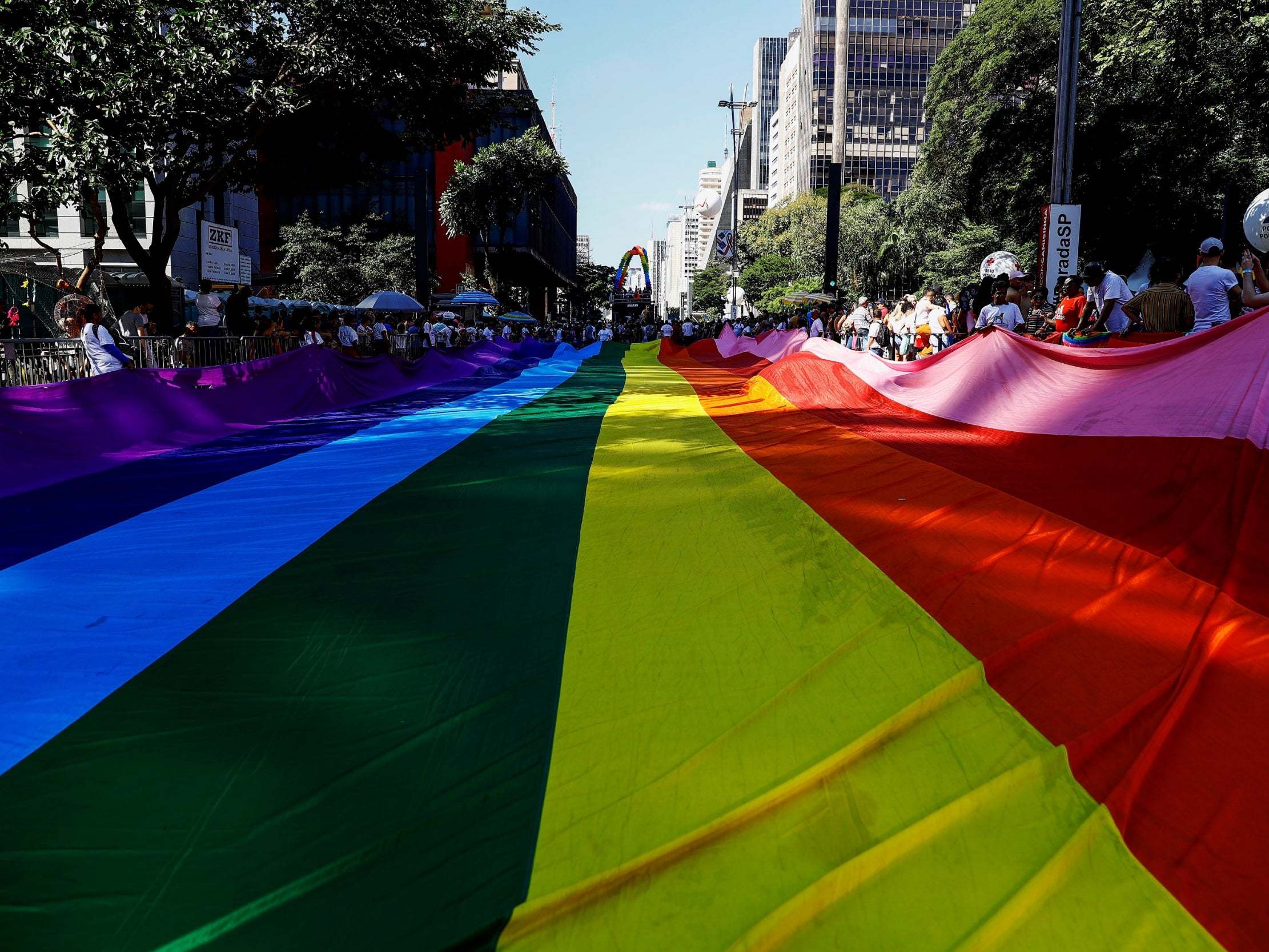Asylum seeker told by judge he was not ‘effeminate’ enough to be gay
Judge rejects man’s asylum appeal on grounds that he did not have gay ‘demeanour’, says barrister

A man seeking asylum in the UK on the grounds of his sexuality is to have his case retried after a judge wrongly ruled that he was not “effeminate” enough to be gay, his barrister has claimed.
The man, who cannot be named due to an anonymity order, was told by an appeal judge that he did not have a gay “demeanour” and did not “look around the room in an effeminate manner”, said Rehana Popal.
The judge reportedly went on to say that “on the gay scene younger men are highly valued”.
The man’s asylum claim is set to be reheard after a judge in the Upper Tribunal found that the original determination contained a “material error of law”, according to Ms Popal.
A spokesman for the judiciary said the decision had been set aside for a new hearing before a different judge.
The case has prompted campaigners to complain of a “culture of disbelief” towards LGBT+ asylum seekers by the UK government.
Ms Popal said she routinely came across cases where asylum seekers had been refused by the Home Office due to “absurd” reasons to refute their sexuality – and that these then went on to be upheld by judges at appeal stage.
“The system has definitely become harsher in recent years. The quality of decision-making has reduced. You come across decisions that are genuinely absurd. You think, how did anyone write this?” she continued.
“One that comes up a lot is when they say to gay Muslim men that being gay is unacceptable in Islam, and therefore it’s implausible that they can be gay and Muslim. Or when they say to a woman who was previously in an arranged marriage with a man that she therefore cannot be gay.
“The Home Office do not abide by their own policy guidance. If they followed them we wouldn’t have a problem. But they don’t.”
Leila Zadeh, executive director of UK Lesbian and Gay Immigration Group, said it was not an isolated incident, citing other cases where judges have refused to believe people’s sexual orientation because of their hairstyles, their sexual behaviour or their religious beliefs.
“The biggest challenge facing LGBTQI+ people in need of international protection is proving their sexual orientation, gender identity, gender expression or sex characteristics,” she added.
“When someone appeals against a refusal, they should be given a fair hearing without expectation that they should fit a stereotype. We urge the tribunals to ensure all judges follow the judiciary’s guidance on equal treatment of LGBTQI+ people.”

Liberal Democrat home affairs spokesperson Ed Davey said the case was “appalling” and highlighted a “culture of disbelief” towards LGBT+ asylum seekers in the UK.
It comes after a study by academics at the University of Bristol found LGBT+ refugees were more likely to have their asylum applications accepted if they acted up to “flamboyant” stereotypes and fit into the western notions of queer/gay lifestyles, such as attending Pride marches or visiting gay bars.
Official figures published last November revealed the proportion of LGBT+ asylum claims rejected by the Home Office had surged in recent years, with 78 per cent of such claims refused in 2017 – a 52 per cent rise in two years.
Of the claimants who appeal their negative decisions – of which there were 2,908 between 2015 and 2017 – more than two thirds had their rejections overturned, the figures showed.
Ms Popal said the rise in refusals was due in part to the immigration courts being under “intense pressure”, and in part due to the Home Office pushing its “hostile environment”.
“When [the Home Office] makes these decisions, it’s people’s lives they’re playing with. It’s damaging and dangerous. They should be doing this with great care, but they’re not,” she added.
A Home Office spokesperson said: "The UK has a proud record of providing protection for asylum seekers fleeing persecution. "Each case is considered on its individual merits by experienced caseworkers, with all available evidence carefully and sensitively considered in light of published country information.
“The appeals process and decision of the judges is independent of the Government.”
Join our commenting forum
Join thought-provoking conversations, follow other Independent readers and see their replies
Comments
Bookmark popover
Removed from bookmarks